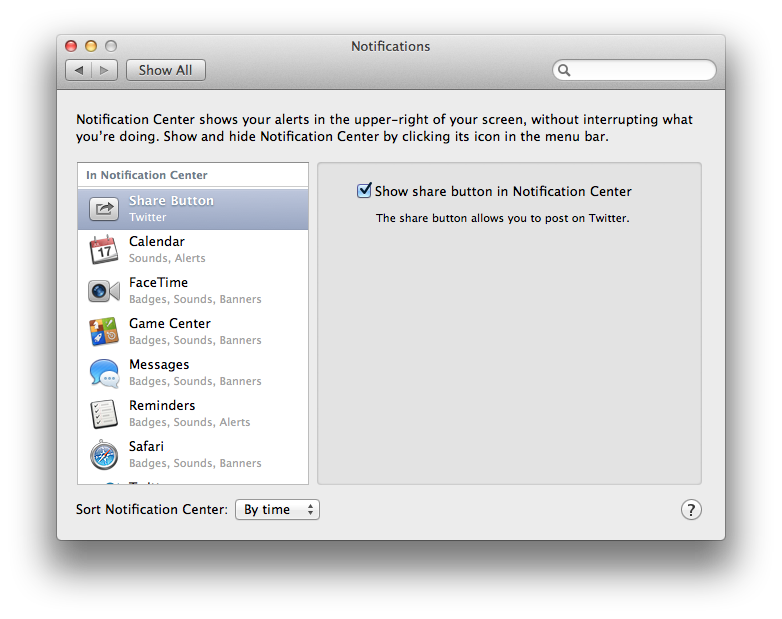I saw a smartly dressed gentleman riding a bike down a busy city street this afternoon. I thought to myself, “Does he do this often, or was today his first day on the road?” At first glance, it’s hard to tell if someone is a professional or a beginner.
The thing that drew my attention was not his clothes1, but his helmet and the cuff of his pants.
Both together gave me the impression of someone who often dresses nice and rides a bicycle for transportation. The rolled cuff was an indication that he is aware of the risks associated with his pants getting dirty from the greasy chain, or worse, caught on in the chain itself. The helmet, for safety.
But then I wondered, maybe this guy doesn’t ride every day. Maybe today, of all days, was his first attempt to ride his bike to school or work. Maybe he googled “How to look good while riding a bicycle“, watched a few YouTube videos, read a few blogs and then hit the ground running.2
There’s an idea that in order to become proficient in something one must spend a certain amount of time doing it. It’s a good guide to becoming a professional, but I wonder about the space in between ignorance and proficiency.
These days, it’s insanely easy to get the gist of an area of speciality within a few hours. The Internet provides always-on access to information from professionals who are happy to share the ins-and-outs of a trade or skill.
I’m an optimist when it comes to this sort of thought. I think that this access to information has potential in creating better people – people who are, as Valve puts it, T-shaped. From their employee handbook (pdf):
“This recipe is important for success at Valve. We often have to pass on people who are very strong generalists without expertise, or vice versa. An expert who is too narrow has difficulty collaborating. A generalist who doesn’t go deep enough in a single area ends up on the margins, not really contributing as an individual.”
The higher education systems of the world train people to specialize. To be a cardiologist, an electrician, a real estate lawyer, a database administrator, etc. We do a terrible job of educating people to have a little bit of knowledge in other areas.
This is most apparent in the more scientific and technical fields such as Mathematics and Engineering. At my university the Engineering degree seekers were exempt from some of the ‘softer’ education requirements such as Theology and Philosophy. Imagine if people had a broader understanding, to create those remixes impossible when you remain in your speciality.
Self-Apprenticeship
Another thread of optimism is that now you can find what you are most passionate about easier today than in any time before. Hopefully you can discover what drives you at a younger age, with more access to potential careers, lifestyles, locations, etc. By being able to test the waters in many areas, by the time you graduate college you could, potentially, have a very broad understanding of the world, with a degree specific to your interests.
I think of this as a modern idea of apprenticeship. The following and tutelage of a more experienced professional to learn more about a craft or trade. Why reside to choose one? Why reside to as single life when you can have many?
How Much to Be Enthusiastic?
This access also puts into the question (not that there already aren’t questions in areas like journalism, writing, photography and music!) of what is amateur and what is professional. If I spend a few hours every day reading, studying and practicing something over a long enough time I can become a professional. Or I can spend less time and attention and maybe just be familiar or an enthusiast of a particular area of knowledge. Where does that line lie and how does it get defined?
Surprise Ending
Then, this evening I read this Ask MetaFilter3 discussion titled “How do you spot an amateur?”
The Internet is a weird place.
—-
Things I looked up to learn more about while writing this post:
- Why you roll up your pants when riding a bike (I thought it was just from the danger of getting caught in the chain. I thought nothing of the dirt and grease associated).
- T-shaped people and he alternative generalizations of knowledge.
- The story of Mubarak Muhammad Abdullahi and his home-built helicopter. I had heard about it, but wanted to confirm it’s validity. How did he learn how? The Internet – http://www.businessweek.com/innovate/next/archives/2010/02/introducing_ted_3.html
- “The Honor System: Stealing magic has become a commonplace crime. Teller, a man of infinite delicacy and deceit, decided to do something about it.” – Esquire
